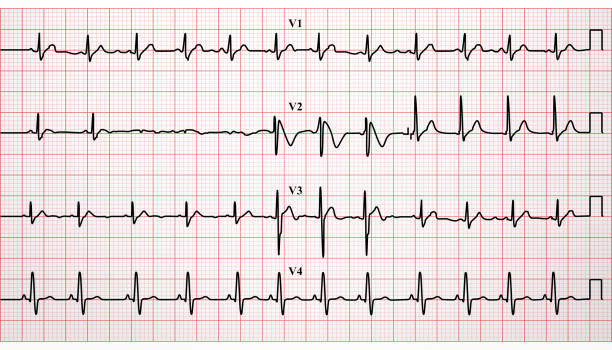Heart Health 101: Understanding Different Heart Conditions


Heart disease often occurs suddenly, in episodes and without warning. It can even lead to a heart attack and sudden death. So, it’s important to pump up our knowledge about the causes and symptoms of heart conditions so that we can take preventive measures, get regular check-ups and seek prompt treatment if needed. Heart disease refers to a variety of health issues and diseases caused by structural or functional abnormalities in the heart or cardiovascular system. There are many kinds of heart disease, which can be classified into these categories:

1.Coronary heart disease
Coronary heart disease is the most common type of heart disease. It is caused by cholesterol build-up on the artery walls which narrows the arteries and reduces the blood flow to the heart muscles, leading to obstructed oxygen and nutrient supply. This results in ischemic heart disease, triggering angina during physical activities.

2.Valvular heart disease
Our heart consists of 4 valves, namely the aortic valve, pulmonary valve, tricuspid valve and mitral valve, which are responsible for controlling the one-way continuous flow of blood. When these valves become narrowed or hardened, or cannot open or close properly, these will lead to valvular prolapse, stenosis, and regurgitation. These conditions trigger symptoms such as shortness of breath, palpitation, dizziness, chest pain, fatigue, decreased exercise tolerance, coughing blood, hoarseness, lower limb oedema and heart failure.

3.Hypertensive heart disease
Prolonged high blood pressure can lead to ischemic heart disease, cardiomegaly (enlarged heart), hypertrophic cardiomyopathy (thickened heart muscles), abnormal heart function, heart failure, etc. Hypertensive heart disease can be divided into primary (unknown cause) and secondary hypertensive heart disease (caused by renal artery stenosis, aortic stenosis, hormone disorders, etc.). Most patients develop no obvious symptoms, but may sometimes experience headaches, dizziness, skin redness, excess sweating, chest discomfort and trouble breathing.
4.Arrhythmia
Arrhythmia is an abnormal heartbeat – either too fast, too slow, or in an irregular pattern. It is caused by abnormal generation or conduction of the heart's electrical impulses or a blockage in the cardiac conduction system. Apart from heart disease, factors such as thyroid disease, metabolic drugs, toxins, electrolyte imbalance, and infections can also cause arrhythmia.

5.Heart failure
Conditions including rheumatic heart disease, congenital heart diseases or acquired heart diseases such as hypertensive heart disease, ischemic heart disease, and pulmonary heart disease can exert long-term burden on the heart, damage the heart’s pumping function, and cause cardiomegaly, hypertrophic cardiomyopathy and abnormal heart function (end-stage heart disease). Factors other than heart conditions can also lead to heart failures, such as lung disease, thyroid disease, anaemia, alcohol, toxins and drugs. As heart muscles and the heart’s pumping function are damaged, there will be insufficient blood and oxygen supply to different body parts. Symptoms of heart failure include shortness of breath, orthopnea, paroxysmal nocturnal dyspnea, chest pressure, palpitations, lower limb oedema, fatigue, weakness, etc.
6.Congenital heart disease
Congenital heart disease is a congenital defect in the heart caused by impaired heart formation and development, usually formed between 4 and 8 weeks of pregnancy. There are many causes of congenital heart disease, such as genetic factors, uterine infections, radiation, and medications. The most common symptom of congenital heart disease is a heart murmur. Other symptoms include trouble breathing, developmental delay, limb oedema, cyanosis (bluish lips and/or fingertips), palpitations, and heart failure. Congenital heart disease can be divided into cyanotic congenital heart disease and non-cyanotic congenital heart disease. Congenital heart disease is not incurable, but it requires early diagnosis and treatment.
There are many different types of heart disease, so be sure to maintain your heart health by getting regular heart check-ups.
Related Brands










